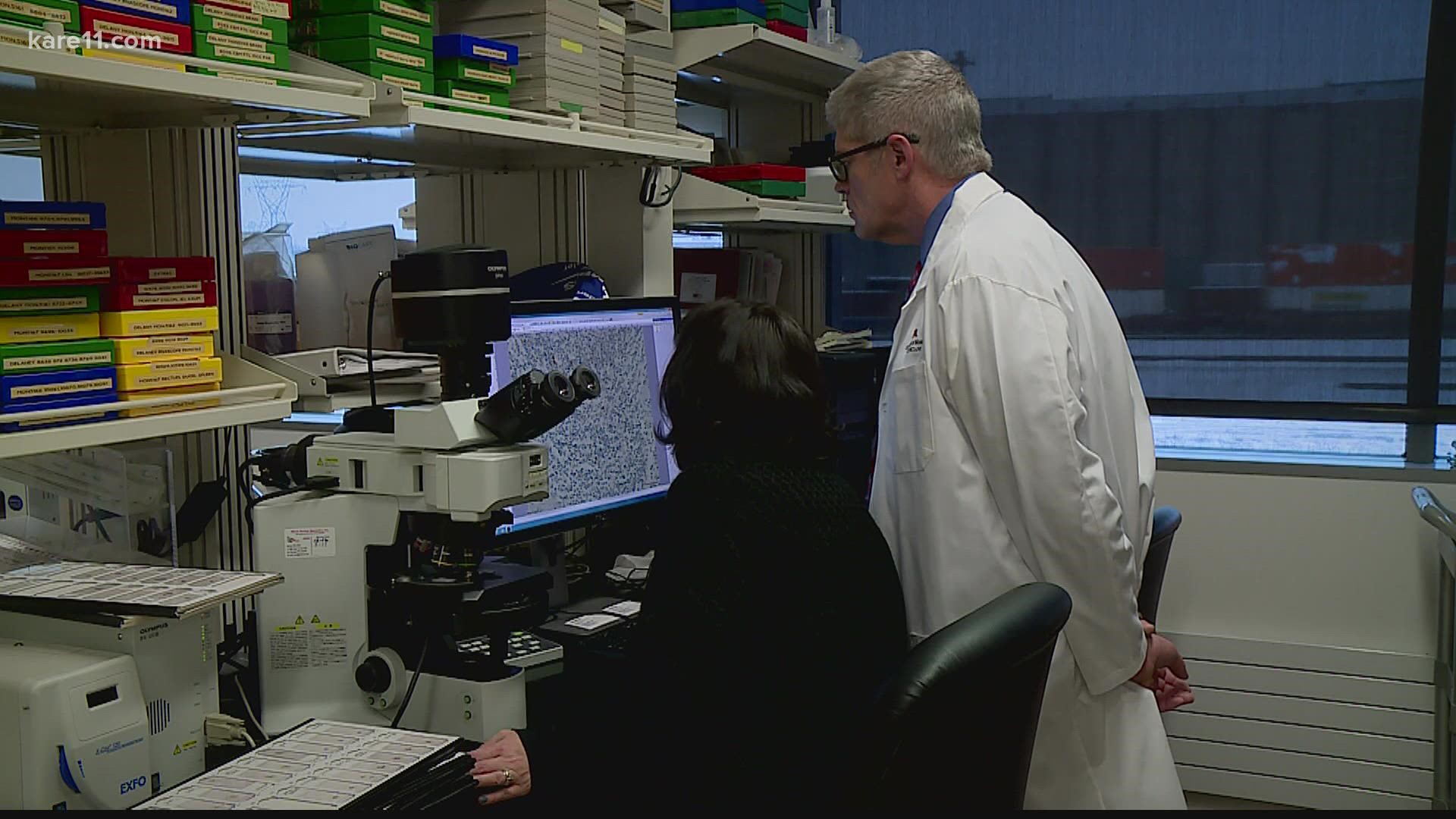Public health headlines have been dominated by the COVID-19 pandemic for nearly two years now, overshadowing the spread of other viral infections like HIV.
"Almost every single day a Minnesotan is newly diagnosed with HIV," said Matt Toburen, Executive Director of the Aliveness Project in Minneapolis.
The disease first hit Minnesota in 1982, and now, for the first time in almost 40 years, the Minnesota Department of Health is declaring an HIV outbreak across the Twin Cities and in Duluth.
It's specifically affecting those injecting drugs and those experiencing homelessness.
"Reaching this group is very hard," said Dr. Frank Rhame, an infectious disease physician with Allina Health.
Dr. Rhame was one of the first doctors to treat HIV patients in Minnesota and says there are several factors contributing to the outbreak in these groups: From increased fentanyl use, to the simple will to survive.
"They'll have sex with somebody just for a couch, because survival is what they're thinking about," said Dr. Rhame. He went on to explain, "Imagine a homeless person with a tent, they can't go to a clinic, which might be 10 feet away, because they can't leave their tent alone because it'll all be stolen."
Which is where nonprofits like the Aliveness Project come into play.
"We are a center that welcomes everyone," said James McMurray, a social services coordinator for the nonprofit.
The team at the Aliveness Project is actively out in the community offering resources to those impacted by the disease.
"You'll see our guys under the bridges and in parks and at bars," said Toburen.
The Aliveness Project also just launched a new clinic called Thrive providing free access to PrEP which is pill taken daily to reduce the risk of HIV infection.
For Dr. Rhame, reaching the two groups directly impacted right now is critical.
"It's the last unsolved problem of bringing AIDS under control," said Dr. Rhame.
"I am completely confident that we will get there and we will get to a day of no new infections in Minnesota," said Toburen.
MDH recommends that anyone between 13 and 64 years old get tested for HIV at least one time, unless they are sexually active or share syringes in which they recommend being tested annually.

